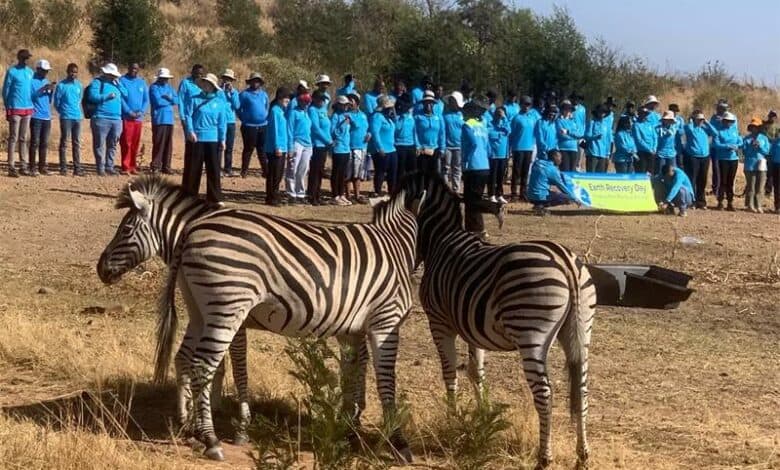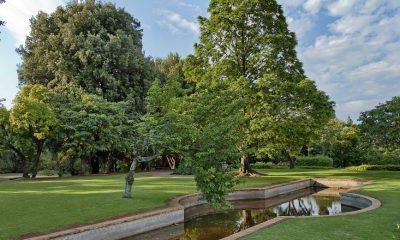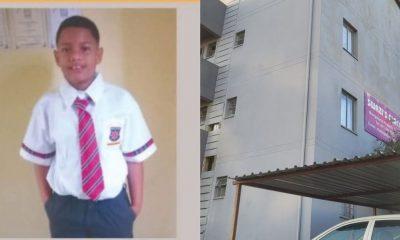News
Stakeholders collaborate to rid Klapperkop of invasive plant species

Facing a problem with invasive plants, the Tshwane metro and volunteer group ASEZ WAO recently teamed up to conduct a clean-up at Klapperkop Nature Reserve.
On the morning of September 8, about 100 people volunteers attended, including ASEZ members, the University of Pretoria (UP) students, and metro workers.
ASEZ (Save the Earth from A to Z) is a group of university student volunteers from the World Mission Society Church of God and has been carrying out invasive plant removal activities in the metro for the past four years.
Metro workers felled 10cm thick wattle trees with chainsaws while the other volunteers focused on cutting smaller trees and collecting all cut trees.
The metro provided tools, food and water to the volunteers for their efforts.
The removal of invasive wattle trees was conducted as part of the group’s ‘Earth Recovery Project.’
This aims to restore and preserve the global environment through four areas: ‘reforestation’, ‘pollution reduction’, ‘biodiversity conservation’, and ‘networking’.
Angelique Geeringh, the public relations officer of Friends of Groenkloof and Klapperkop Nature Reserves expressed her gratitude, saying: “Today specifically we’re tackling the black wattle, this is a very resilient plant and it needs to be cut and poisoned because we’ve got so many numbers. We are most excited to have had ASEZ with us again and grateful for ASEZ’s amazing and incredible work.”
The effort is not only taking place in South Africa but also Kenya, Ghana, Cameroon, the United States, the United Kingdom, Germany, Mexico, and India.
“Invasive species multiply rapidly, instantly taking away places for native plants to grow, destroying the ecosystem balance. We hope that many people will join us in protecting the precious natural environment and preserving biodiversity,” said ASEZ member, Madoda Mabuza.
One of the student volunteers, Tebogo Mokoko was particularly pleased with what the work will do for the environment following the clean-up. “Removing these invasive species will help the environment and save a lot of the animals’ inhabitants; it is an amazing experience,” said Mabuza.
Watch here: https://www.facebook.com/reel/1489178171735983
Do you have more information about the story?
Please send us an email to bennittb@rekord.co.za or phone us on 083 625 4114.
For free breaking and community news, visit Rekord’s websites: Rekord East
For more news and interesting articles, like Rekord on Facebook, follow us on Twitter or Instagram






















